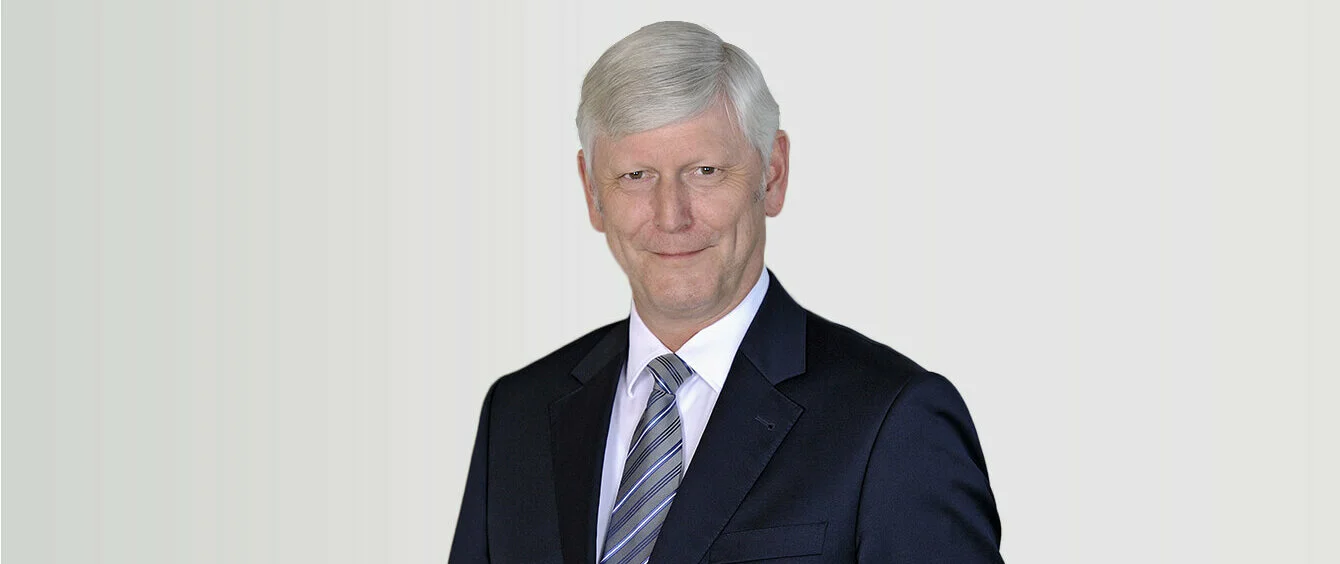A popular guest: RWE’s CEO Rolf Martin Schmitz discusses energy issues and the company’s development in interviews with the newspapers Süddeutsche Zeitung, Rheinische Post and VDI-Nachrichten. He clearly states that “The coal phase-out will only depend on the expansion of alternatives”.
By 2030, RWE’s carbon dioxide emissions of will be 40 to 50 percent lower than in 2015. “We will achieve our climate goal,” explained Schmitz, “unlike transportation and agriculture”. According to Schmitz, the outlined decline in the use of coal for electricity generation is actually a natural process, but still depends on the expansion of alternatives.
If the expansion of renewables is accelerated and the build-out of the network makes progress, the only possible consequence is that coal-based generation will be reduced just as fast. Rolf Martin Schmitz, CEO, RWE AG
Expansion of the electricity grids is currently the pivotal aspect of the energy transition. As Schmitz noted, “What we actually need is a commission for the expansion of renewables and grids”.
„Economic nonsense“
Schmitz counters proposals to shut down coal-fired plants earlier based on climate policy considerations by pointing out the costs involved: “First of all, this would weigh on industry, as electricity prices would be higher. Second, this would intrude on our property.” As this would be tantamount to expropriation, Schmitz suggested that the government could be responsible for restitution.
RWE’s CEO also rejected the idea of temporarily replacing coal-fired power stations with gas-fired ones:
I don’t see why we should phase out coal, replace it with gas and then later replace gas with renewables. This intermediate step requires both infrastructure and investments, which would be nonsensical from a macroeconomic point of view. And electricity prices for industry would rise massively. Rolf Martin Schmitz, CEO, RWE AG
“It’s always been clear to us that – sooner or later – we will have to rely on renewables.”
Due to the announced transaction with E.ON, RWE will have a broader basis and immediately advance to become one of Europe’s leading companies in the field of renewables. Schmitz explained this move by noting that “It’s always been clear to us that – sooner or later – we will have to rely on renewables”. He continued by saying that the deal with E.ON was a good way to make RWE strong and fit to meet future challenges. “With the renewables businesses of innogy and E.ON, we will rank third in renewables in Europe and second in offshore wind.”
But the transaction would not change RWE as much as some seemed to think:
RWE has always had renewables, and they are growing. Conventional power generation no longer exhibits this growth. We know that nuclear energy will be phased out, and for quite some time it has been clear that the lignite business will also come to an end. The question is merely when. Rolf Martin Schmitz, CEO, RWE AG
The interview with Rheinische Post and VDI-Nachrichten is available free of charge (only in german). The interview with SZ is part of the newspaper’s paid content (only in german).
